News
Global Survey: Garment Workers Report Widespread Hunger during Covid-19
Global Survey: Garment Workers Report Widespread Hunger during Covid-19 Leading apparel brands urged to avert destitution for workers who sew their clothes As a result of falling income and job loss amidst the Covid-19 pandemic, garment workers across the supply chains of major brands and retailers report growing hunger and food insecurity. These are the…
Worker Rights Consortium Applauds US CBP Ban On XPCC Cotton as a “Body-Blow” to Apparel Brands Complicit in Forced Labor
Coalition allies filed a petition for a regional WRO on cotton products from China’s Xinjiang Region in August Today, United States Customs and Border Protection (CBP) announced that it will block imports of all products containing cotton produced by the Xinjiang Production and Construction Corps (XPCC), in response to widespread concerns over the use of forced…
Why We Need Corporate Transparency on Factory Closures
Covid-19 has meant a huge drop in demand for apparel, resulting in many closures of garment-producing facilities, with many more expected. Factory closures have sweeping social impacts, both short and long term, with a single closure often affecting the livelihoods and life prospects of thousands of workers and their dependents. When closures are carried out…
During Pandemic, Universities Continue Support of Living-Wage Jobs
Despite the tremendous challenges facing colleges and universities during this back-to-school season, dozens of schools have chosen to leverage their mask procurement and licensing choices to support living-wage jobs by sourcing from Alta Gracia Apparel.
US House Votes to Ban Forced Labor Goods from Uyghur Region
Worker Rights Consortium— a member of Coalition to End Forced Labour in the Uyghur Region — Calls Congressional Action “A High-Decibel Wake Up Call for Apparel Brands Complicit in Forced Labor”
Coalition to End Uyghur Forced Labour Testifies before Congress
Representatives from the Coalition to End Uyghur Forced Labour testified before the House Ways & Means Committee on Thursday, September 17, 2020. The Campaign for Uyghurs, the Worker Rights Consortium, and the AFL-CIO provided testimony to members of Congress on why apparel brands must divest from the Xinjiang Region of China. Supply chains of most…
Members of Coalition to End Uyghur Forced Labour Testify Before Congress
House Ways & Means Trade Subcommittee holds hearing on imports from the Xinjiang Region Washington, D.C.— Today, three members of the 280+ groups that make up the Coalition to End Uyghur Forced Labour testified before the House Ways & Means Committee. The Campaign for Uyghurs, the Worker Rights Consortium, and the AFL-CIO are part of a coalition calling…
180+ Orgs Demand Apparel Brands End Complicity in Uyghur Forced Labour
Today, 72 Uyghur rights groups are joined by over 100 civil society organisations and labour unions from around the world in calling on apparel brands and retailers to stop using forced labour in the Xinjiang Uyghur Autonomous Region (“Uyghur Region”), known to local people as East Turkistan, and end their complicity in the Chinese government’s…
Four Major Civil Society Groups Release Dispute Resolution System and Model Arbitration Clauses for Disputes Arising Under Enforceable Brand Agreements
Authors: Clean Clothes Campaign, Global Labor Justice, International Labor Rights Forum, and Worker Rights Consortium
Featured News Story
120 Indians facing exploitation in Jordan return with help from US-based organisation
The News Minute
WRC in the Media
After Rana Plaza, Bangladesh’s Garment Workers Still Live in ‘Climate of Fear’
Sourcing Journal
Why Doesn’t Inditex Publish a Supplier List?
Sourcing Journal
Media Inquiries
Please direct media inquiries to:
Office Phone: (202) 387-4884
Email: [email protected]

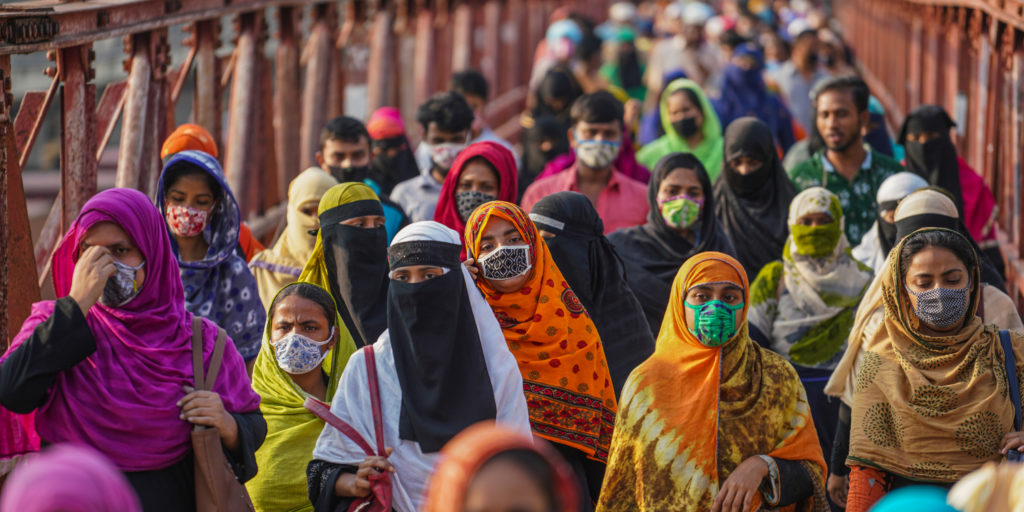
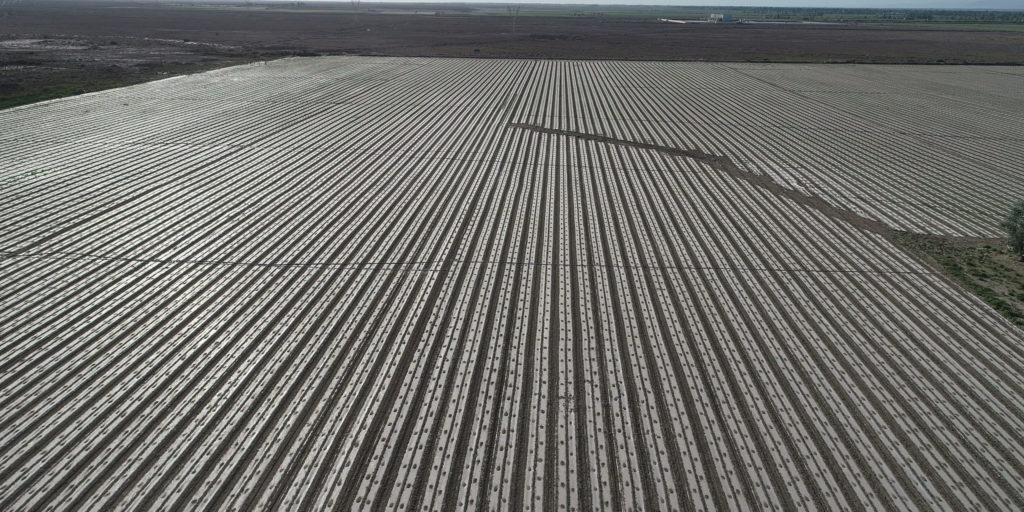
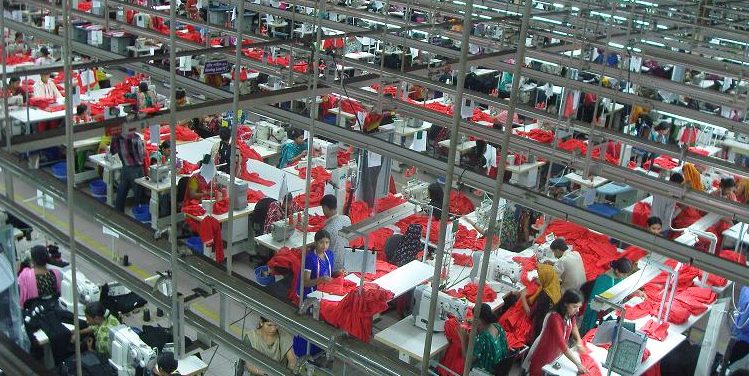
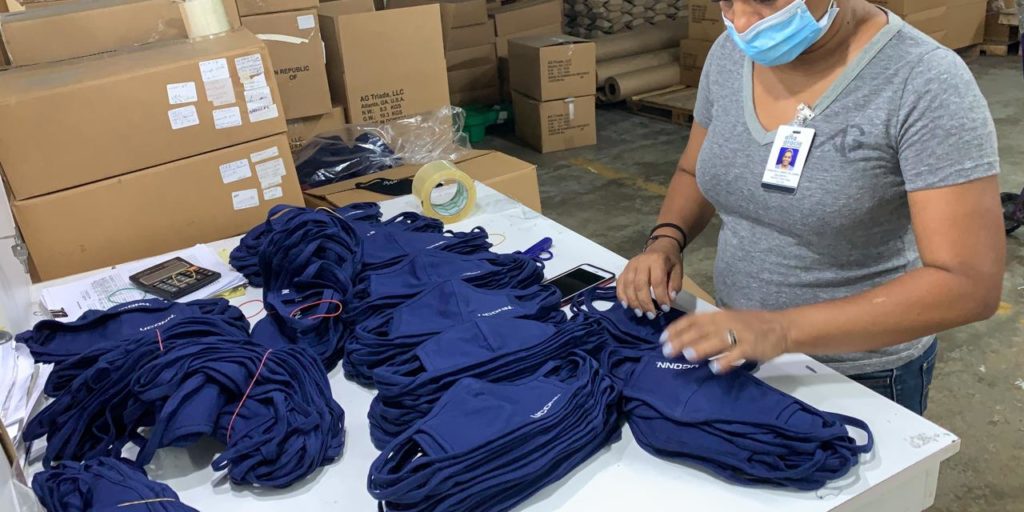
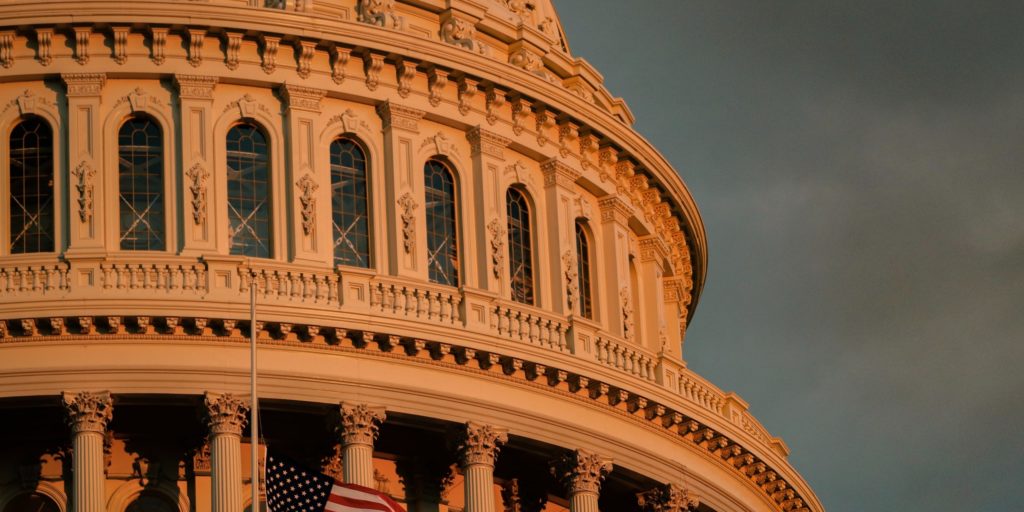
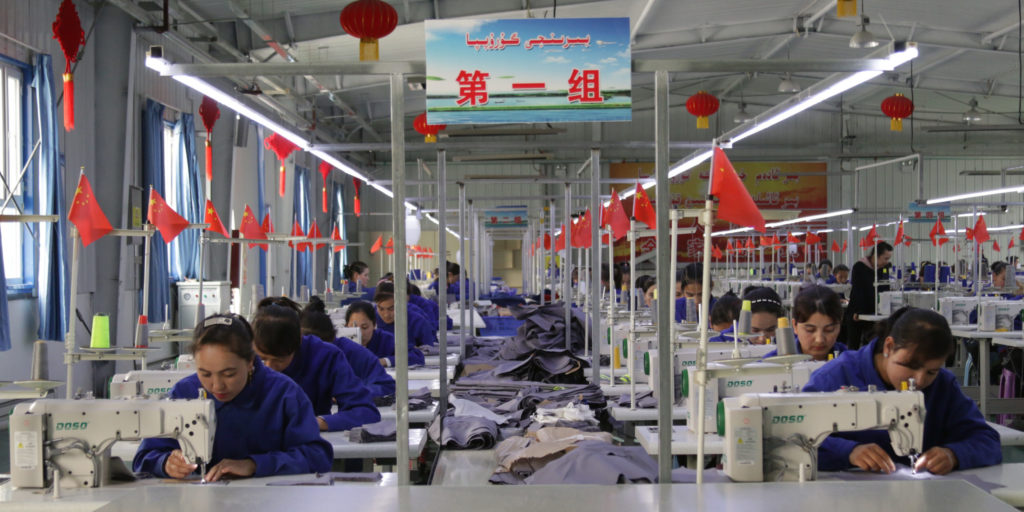
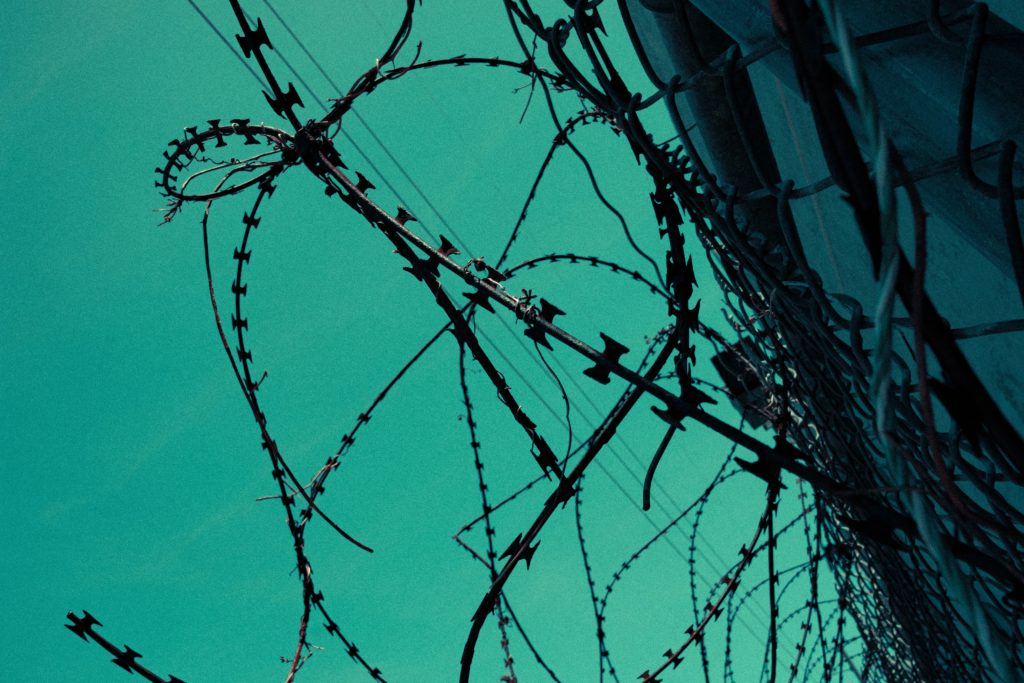
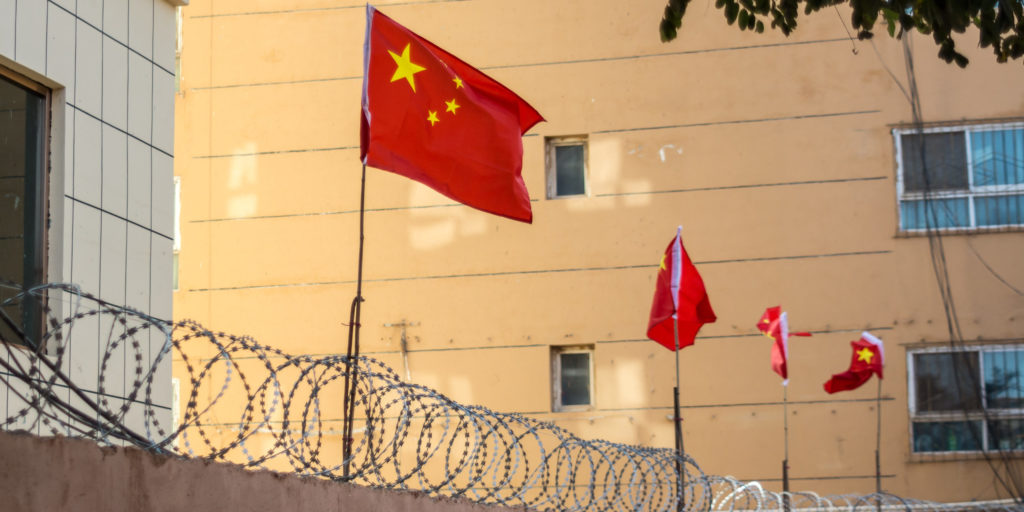

Statement of the Worker Rights Consortium concerning the Violence of January 6
The Worker Rights Consortium strongly condemns the violent anti-democratic invasion of the US Capitol building by racist and other far-right groups that took place in Washington, DC last week. As an American organization headquartered in DC with a global presence, we have seen the impact of these despicable actions reverberate throughout our community, the United…